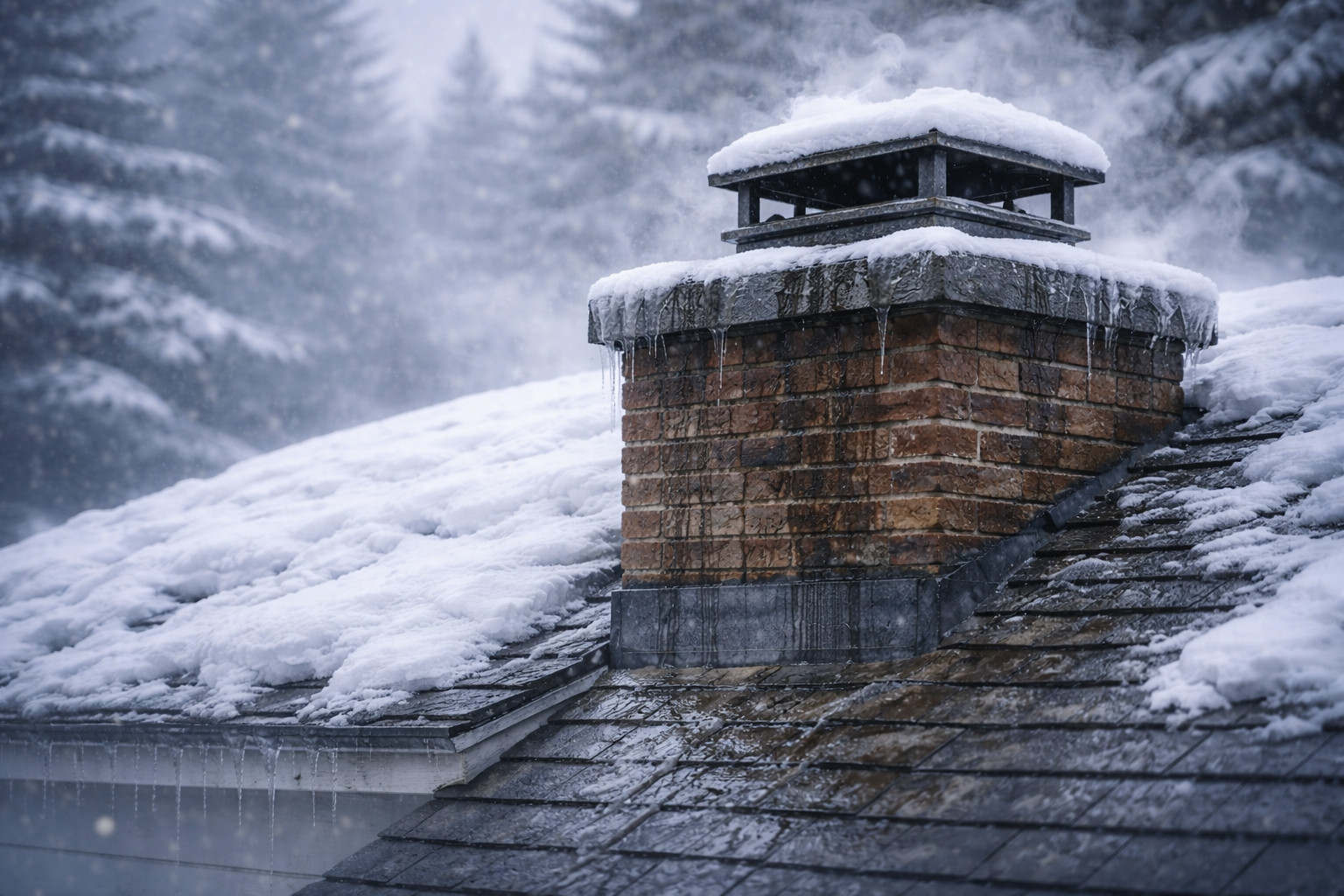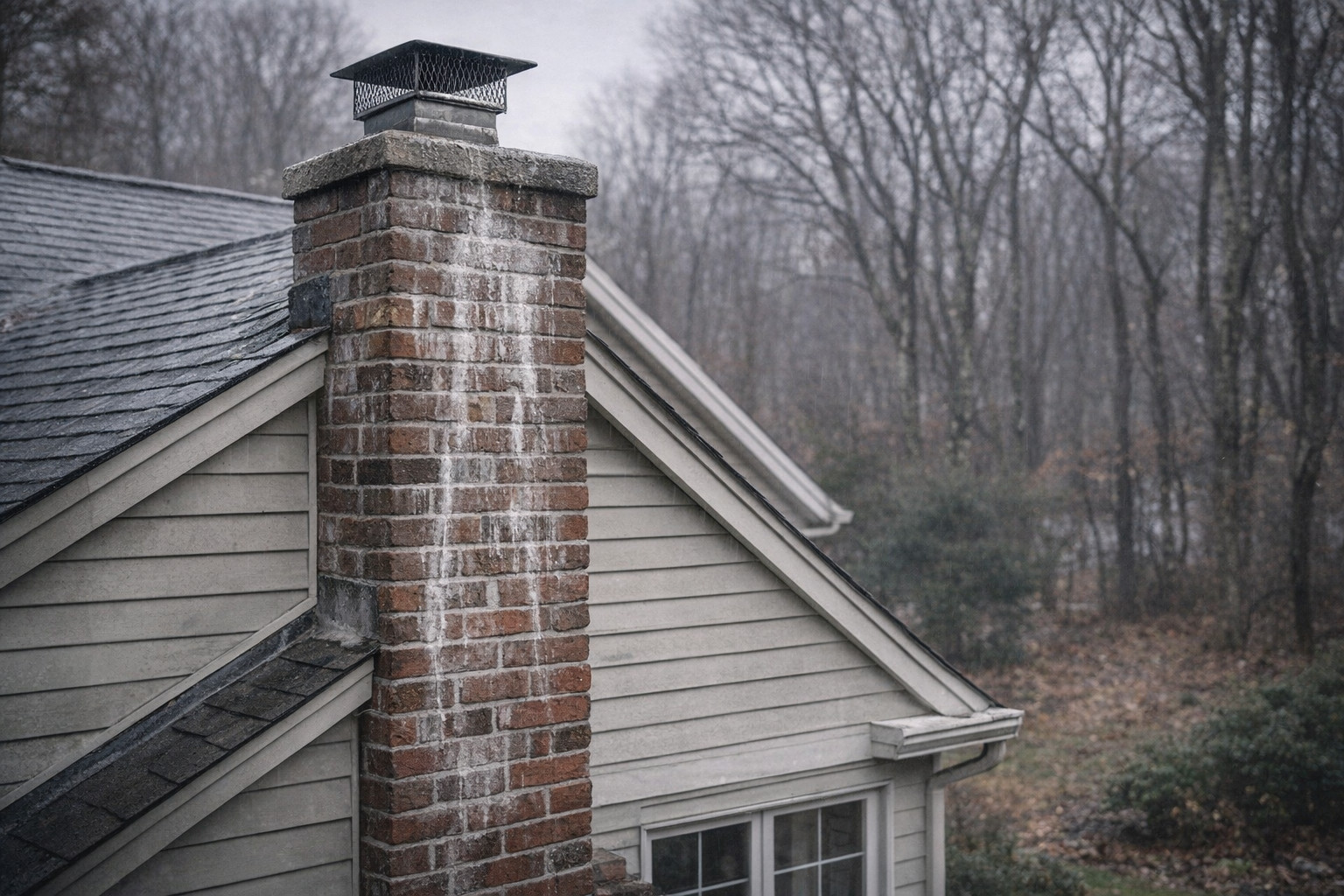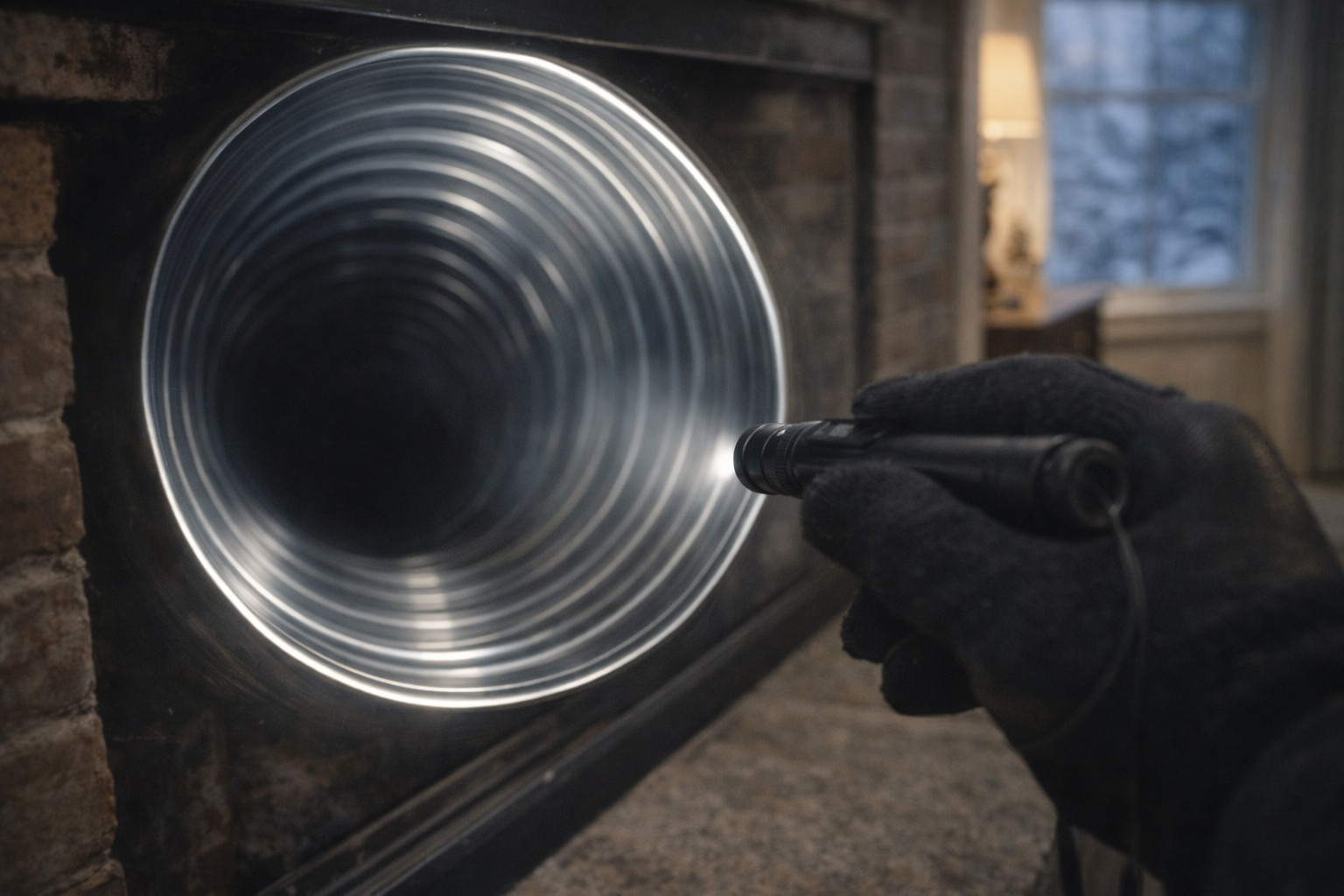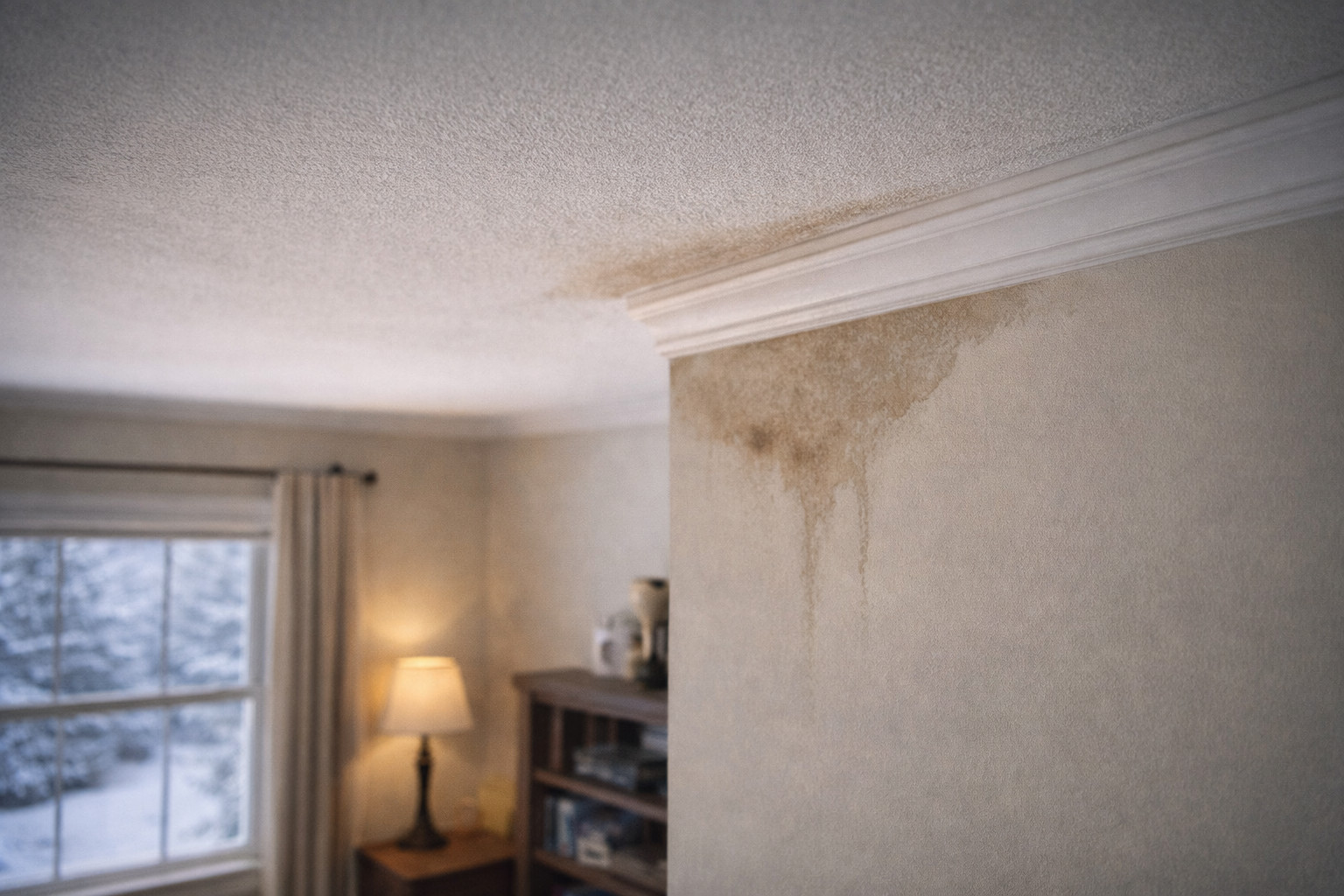The Importance of NFPA 211 and CSIA Certifications for Chimney Work
When it comes to chimney safety, certifications matter. NFPA 211 sets the national standard for inspections and maintenance, while CSIA certification ensures technicians have the training and expertise to keep your home safe from fire hazards and carbon monoxide risks.
Share:
Table of Contents
When it comes to chimney maintenance, inspections, and repairs, hiring a professional with the right certifications can mean the difference between a safe home and a potential fire hazard. Two of the most recognized industry standards are NFPA 211 and CSIA certifications, both of which ensure that chimney sweeps and technicians follow the highest safety and quality practices. Whether you need a routine chimney cleaning, a Level 2 video inspection, or a major repair, understanding these standards helps homeowners make informed decisions while safeguarding their property against chimney fires and carbon monoxide leaks.
Understanding NFPA 211 Standards
The National Fire Protection Association (NFPA) sets essential safety codes for fireplaces, solid fuel-burning appliances, chimneys, and venting systems. NFPA 211 is the primary standard that guides chimney inspections and maintenance procedures across the United States.
Purpose of NFPA 211
The goal of NFPA 211 is to reduce the risk of chimney fires, structural damage, and hazardous emissions. It outlines best practices for installation, inspection, and repair of chimney systems to ensure they are properly constructed and maintained. NFPA 211 is widely referenced by building inspectors, insurance companies, and professional chimney technicians as the industry benchmark.
Key Guidelines and Safety Measures
NFPA 211 defines three levels of chimney inspection:
- Level 1 Inspection: Basic visual check of accessible areas, ideal for annual maintenance.
- Level 2 Inspection: Includes video scanning and inspection of internal components, often required after property changes or chimney damage.
- Level 3 Inspection: In-depth inspection involving the removal of certain components to evaluate structural integrity.
By following these levels, certified chimney professionals can identify creosote buildup, clearance issues, or cracks that could lead to dangerous chimney fires or carbon monoxide leaks.
CSIA Certification Explained
The Chimney Safety Institute of America (CSIA) is a non-profit organization dedicated to promoting fire prevention and safe chimney operation through education and professional certification.
Who Is the CSIA?
Founded in 1983, CSIA sets the gold standard for chimney sweeps and venting specialists. Their certification program ensures that technicians are trained to handle a wide range of chimney services, from cleaning and inspections to advanced repairs and structural maintenance.
Requirements for Certification
To become a CSIA Certified Chimney Sweep, candidates must pass rigorous exams covering:
- Chimney and venting essentials.
- NFPA 211 fire codes and building regulations.
- Fire prevention practices and combustible deposit removal.
- Environmental and safety standards set by agencies like the U.S. Environmental Protection Agency (EPA).
Certified professionals must also sign a strict Code of Ethics, ensuring they provide honest assessments, accurate reporting, and reliable services.

The Role of Ongoing Education
CSIA certification is not a one-time achievement. Technicians are required to complete Continuing Education Units (CEUs) every few years to stay current with the latest tools of the trade, inspection techniques, and evolving fire safety standards. This ongoing training is often conducted through the CSIA National Training Academy and the National Chimney Sweep Training School, where sweeps learn advanced skills such as venting safety techniques, chimney liner replacement, and structural repair.
Benefits of Hiring Certified Professionals
Choosing a chimney company that holds CSIA certification and follows NFPA 211 standards provides significant advantages:
Enhanced Fire Protection
Certified sweeps are trained to safely remove creosote, a highly flammable byproduct of burning wood.
Why Creosote Removal Matters
Creosote buildup is one of the leading causes of chimney fires. Regular cleaning by certified professionals significantly reduces this fire hazard.
For Connecticut homeowners, Certified Chimney combines CSIA-trained technicians with strict adherence to NFPA 211. Our experts handle everything from chimney cleaning and Level 2 inspections to chimney cap installation and masonry repair.
Compliance with Building Codes
Certified technicians are trained to adhere to NFPA 211 and other local building safety codes.
Peace of Mind for Homeowners
By following these strict standards, your chimney system is guaranteed to meet safety regulations, reducing liability and risks.
Accurate Inspections
Professionals use advanced tools, including video scanning, to detect issues that might not be visible to the naked eye.
Early Detection of Hidden Problems
Video inspections help identify cracks, clearance issues, and creosote accumulation before they lead to major damage.
Carbon Monoxide Prevention
Proper venting ensures that harmful gases, such as carbon monoxide, are safely directed out of your home.
Protecting Indoor Air Quality
By maintaining proper airflow, certified technicians prevent carbon monoxide leaks that could pose serious health risks.
Why NFPA 211 and CSIA Certifications Matter
These certifications exist for one reason: your safety. Chimney systems are complex, and when poorly maintained, they can pose serious risks, ranging from structural damage to life-threatening fires. By hiring a CSIA Certified Chimney Sweep who understands NFPA 211 guidelines, you ensure your fireplace and chimney are serviced by professionals with the highest level of knowledge and integrity.
Final Thoughts
NFPA 211 and CSIA certifications are more than industry credentials, they are your assurance of safety, quality, and professionalism. When it’s time for your next chimney inspection, cleaning, or repair, trust Certified Chimney to deliver expert service backed by national standards. Protect your home, reduce fire risks, and keep your chimney system operating at peak performance all year round.
Article details:
- Published by:
- Certified Chimney CT
- Published to:
- Last modified:
- October 2, 2025
Share:
Continue learning:




